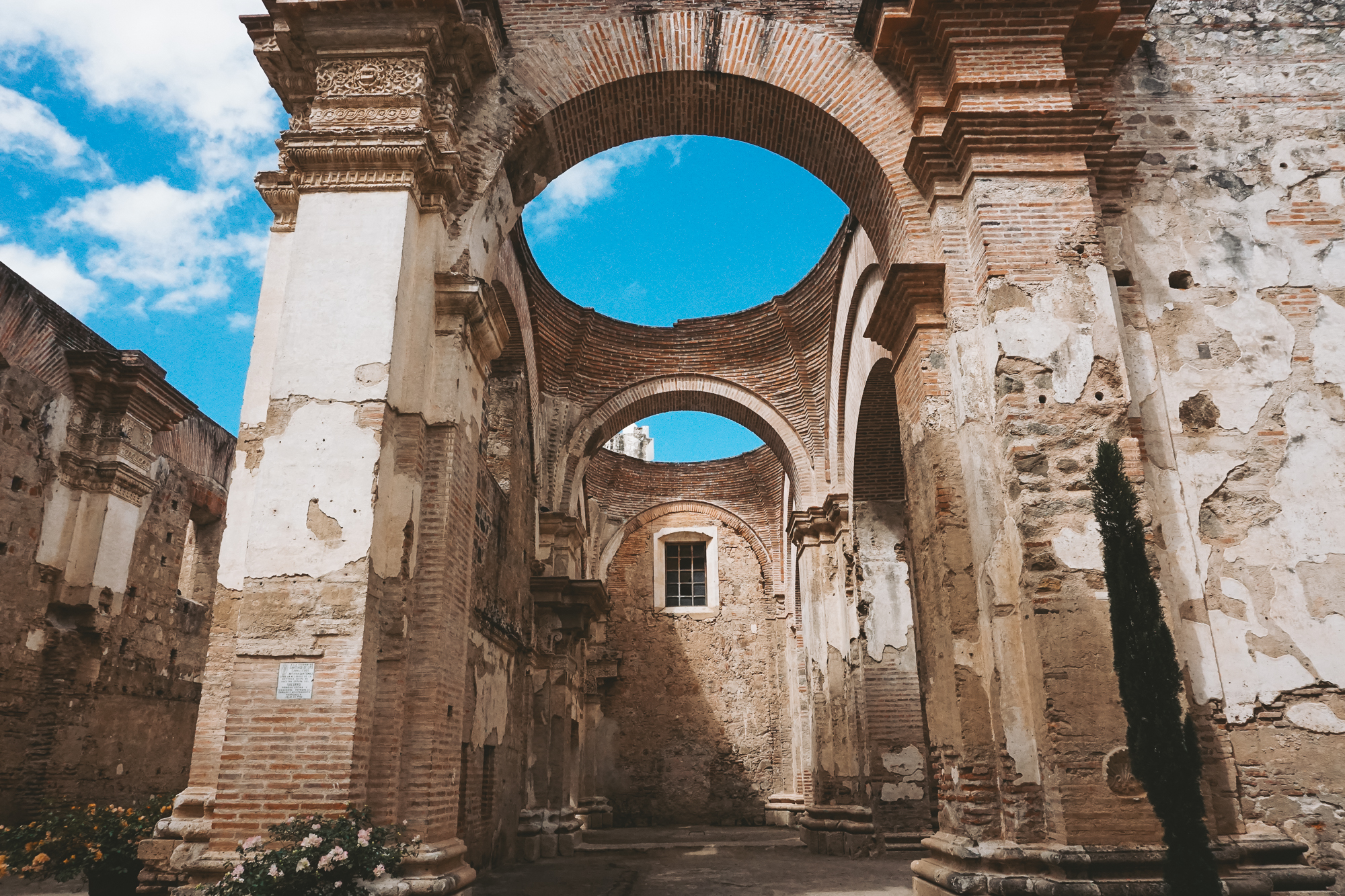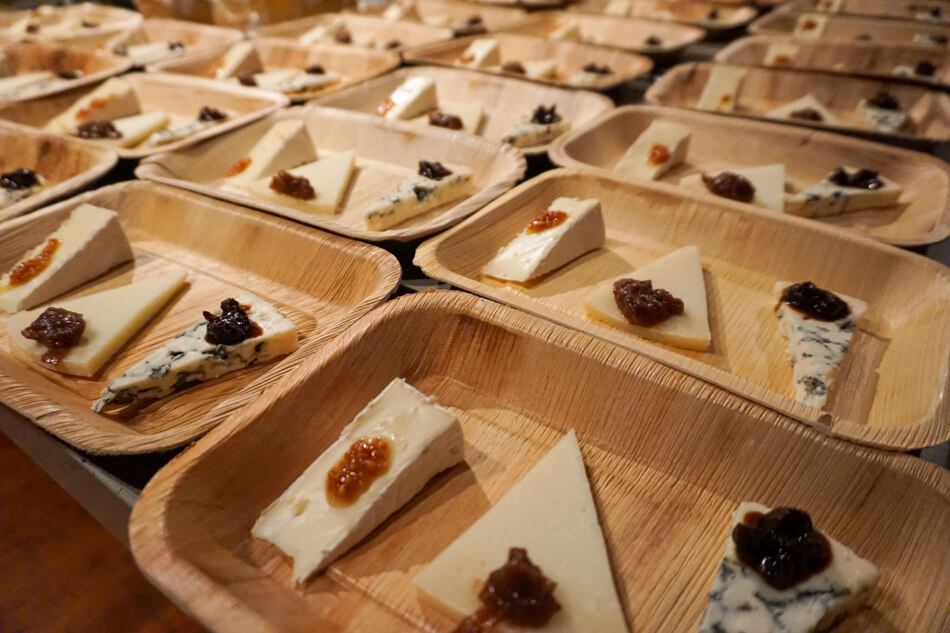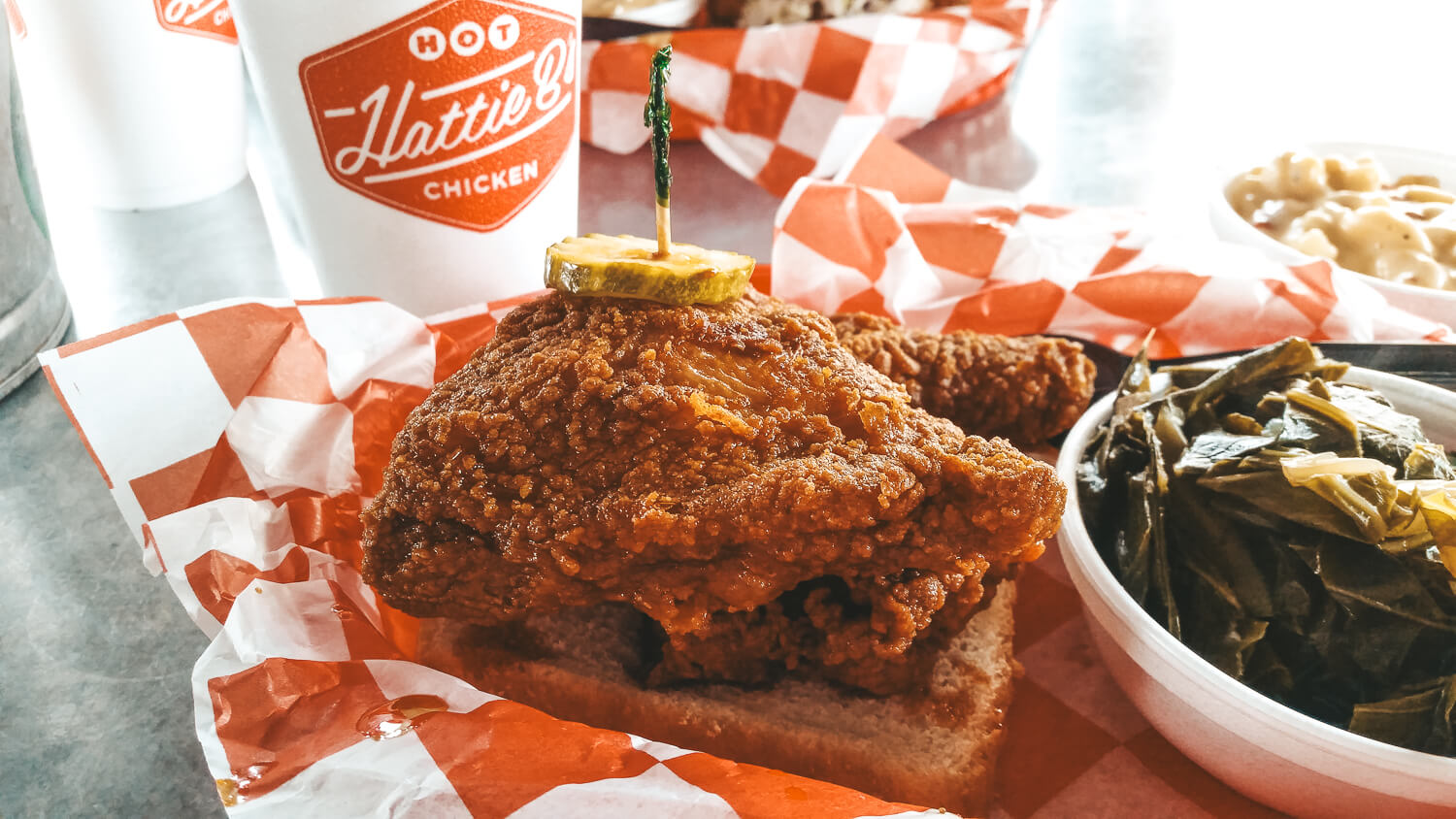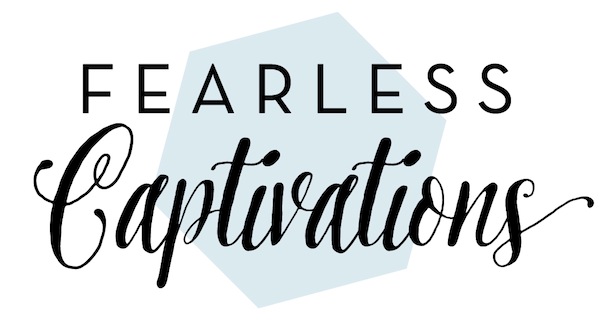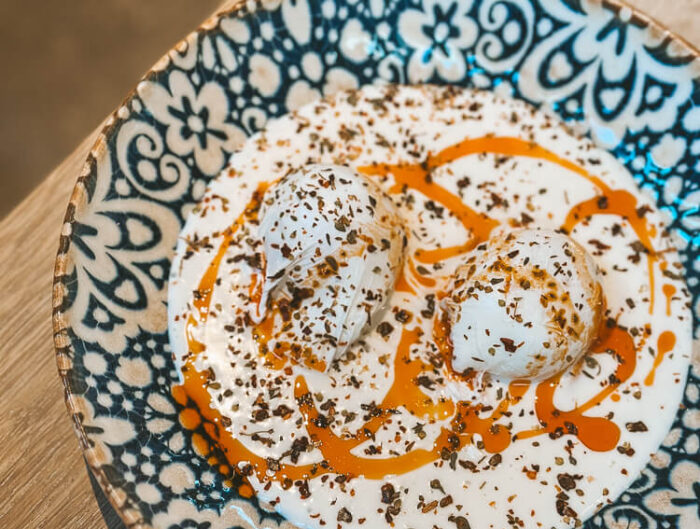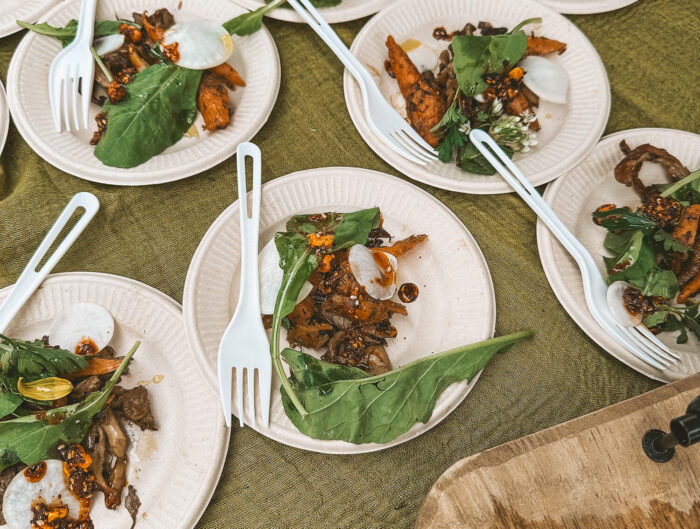This post discusses the Netflix show Ugly Delicious and may have spoilers and cause biases if you haven’t watched the show and plan to one day.
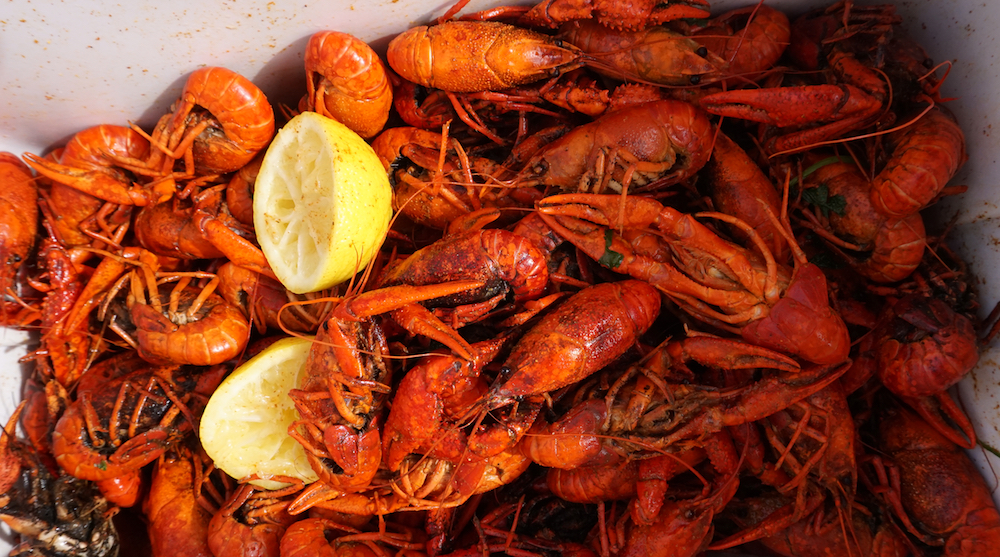
Boyfriend and I flew through the new Netflix show Ugly Delicious recently. While I enjoyed the show, I was left curious about what others think about the topics discussed.
(Side note: I’ve heard plenty of people say they don’t eat crawfish because it’s ugly or dirty. I like that the title of the show pays tribute to the food that is delicious but ugly. Food might look pretty but I’d rather have food that tastes good.)
Ugly Delicious: The Show for Foodies and Wanderlusters
There are eight episodes in the premiere season of Ugly Delicious, released on Netflix in February 2018, and each episode revolves around a dish. The episode topics include pizza, tacos, home cooking, shrimp and crawfish, barbecue, fried chicken, fried rice, and stuffed (dumplings).
Hosted by David Chang, the show takes you to cities and restaurants around the world, showcasing their version of a dish and providing plenty of mouth-watering food shots. Don’t watch this show when you’re hungry because you’ll have all the cravings! (Case in point: after watching the barbecue episode, we went to eat Korean barbecue the next day.) There are cameos by chefs, food writers, and celebrities in every episode.
More importantly, every episode brings in thoughtful dialogue about the origins, authenticity, and evolution of food. I like that there are information and history in each episode, usually conveyed through illustration, stop-motion, and/or a different format from the overall. It gives you a brief and well-rounded overview of the subject. The dialogue can be heavy sometimes but the varying segments break it up nicely.
Who is David Chang?
You probably know David Chang as the chef, restaurateur, and founder of the Momofuku restaurant group, which has restaurants in NYC, Toronto, Sydney, Washington DC, and Los Angeles. He’s also an author and James Beard Award winner, among other awards.
Chang is Korean, and his desire for this show is to break down cultural barriers and discuss misconceptions. While he is honest and blunt, he also has his own misconceptions that he encounters on the show and others aren’t afraid to call him out on them. In other instances, Chang asks bias questions, hoping to change someone’s mind. He admits that he wants to influence others to open their minds and see things from his perspective, and I appreciate his passion.
Authenticity of Food
I like that the show challenges what we think about food.
“I view authenticity like a totalitarian state. It’s something that I think has been overvalued, but in reality it hasn’t been scrutinized enough,” said Chang. “It’s not that I hate authenticity, it’s that I hate that people want this singular thing that’s authentic.”
When I travel, I want “authentic” food, the food of the local culture and history. But does food lose its authenticity if a chef creates his or her interpretation of it? Does authentic food need improvements or is it sacrilege to make changes to the recipes? Does a chef need a specific ethnic background to cook a certain kind of food?
The answers aren’t black and white! In the end, great food reveals itself by how it tastes. You can add in a chef’s personal story of learning how to cook from his grandmother. You can add in a chef’s desire to help people appreciate a culture’s food. You can add in a chef’s creativity of fusing two different cultures in his menu. These things help take great food to another level.
How Branding Makes Us Bias
My preferences in choosing and liking a restaurant may seem a little strange. Before I go, the restaurant’s menu, their website, and their reviews may sway me. While I’m there, I’m a sucker for beautiful interior design and a well-branded restaurant. By well-branded I mean a strong connection is reflected in their logo, interior design, menus, plating, and even their wait staff’s uniforms. The consistent theme is aesthetically pleasing and seems to raise the standards, reputation, and experience in my mind. This might be why restaurants with a similar quality in food perform differently.
I thought about this as I watched the fried chicken episode. In Nashville, they visit Bolton’s and Hattie B’s. Before I visited Nashville last year, my research told me Hattie B’s was the place to visit, its worthiness reinforced by making “top restaurant” lists although they are a newer restaurant. I didn’t see much about Bolton’s, a place with over 15 years of history. Look at their websites and you might note some differences. You could argue target demographics, but you could also question if a beautiful restaurant and modern branding has the ability to sway public opinion.
I think this bias is natural, but it’s good to be aware of it so we don’t leave worthy restaurants in the dark.
Advocating for Asian Cuisine and People
The most poignant episode for me was episode 4: Crawfish and Shrimp. This episode poses a lot of questions about how the U.S. immigration policies today are affecting people and shows viewers how immigrants have enriched our food culture.
The episode takes us to Nam Giao in Houston and owner Al Le is questioned by Chang about why his menu prices are so affordable. Le says, “I want to bring Vietnamese food to the public, to say thanks to Americans, to say thanks to America, who gave us the opportunity here.”
Throughout the series, the value of Asian cuisine is put into question. If you think about an Asian restaurant you eat at, one of the characteristics is likely that you can get a big portion of food for less money. They also discuss silent, unconscious racism, which was eye-opening!
Conclusion
Ugly Delicious is a fun and thought-provoking show for those who love food and love to travel. It made me want to get out of my comfort zone and discover the food for myself. The show is also a reminder that people will like the food they like and there’s no reason to be a snob about it. While there aren’t many solid answers, the show starts the conversations that will make better restaurants and more adventurous foodies.
Ultimately, this show is a celebration of food and the people that make it!
Have you watched Ugly Delicious? There are so many topics to talk about from the show, anything you want to discuss? I’m all ears!
P.S. Do you travel like a foodie?
Let’s keep talking about food! You can find me on Instagram, Facebook, Twitter, Pinterest, and Bloglovin’. You can also subscribe to the exclusive email list.
